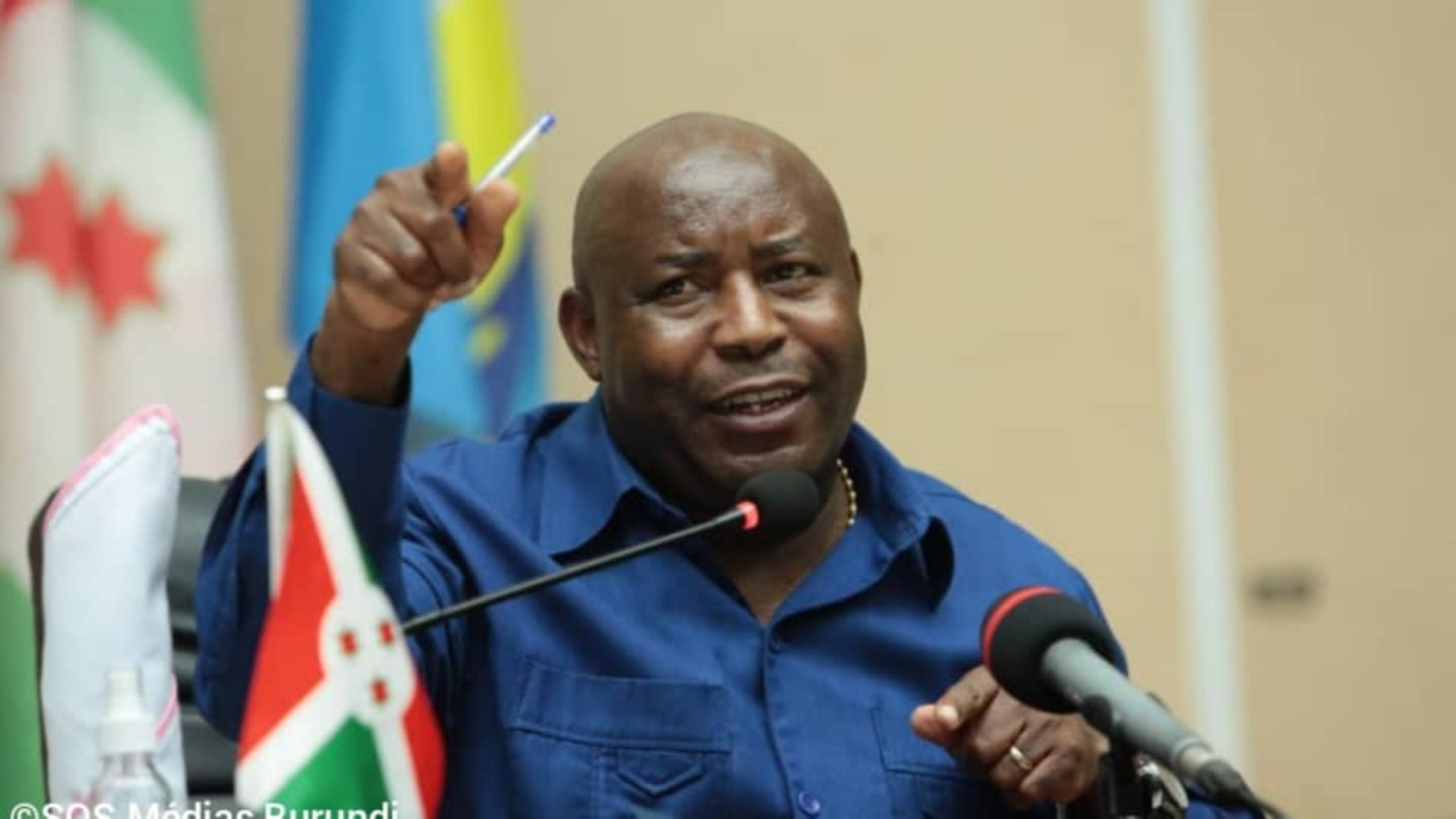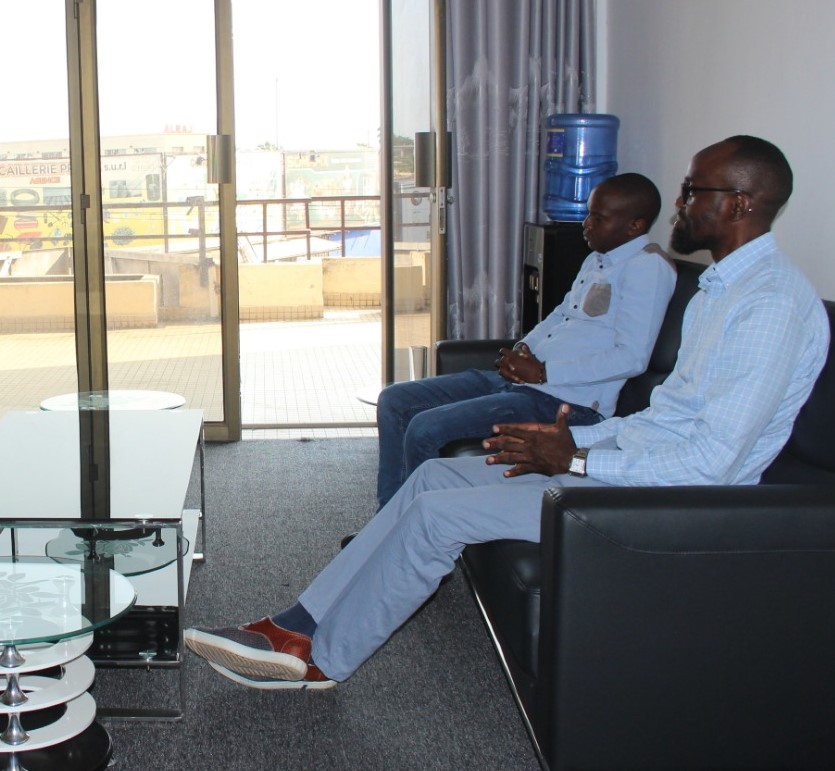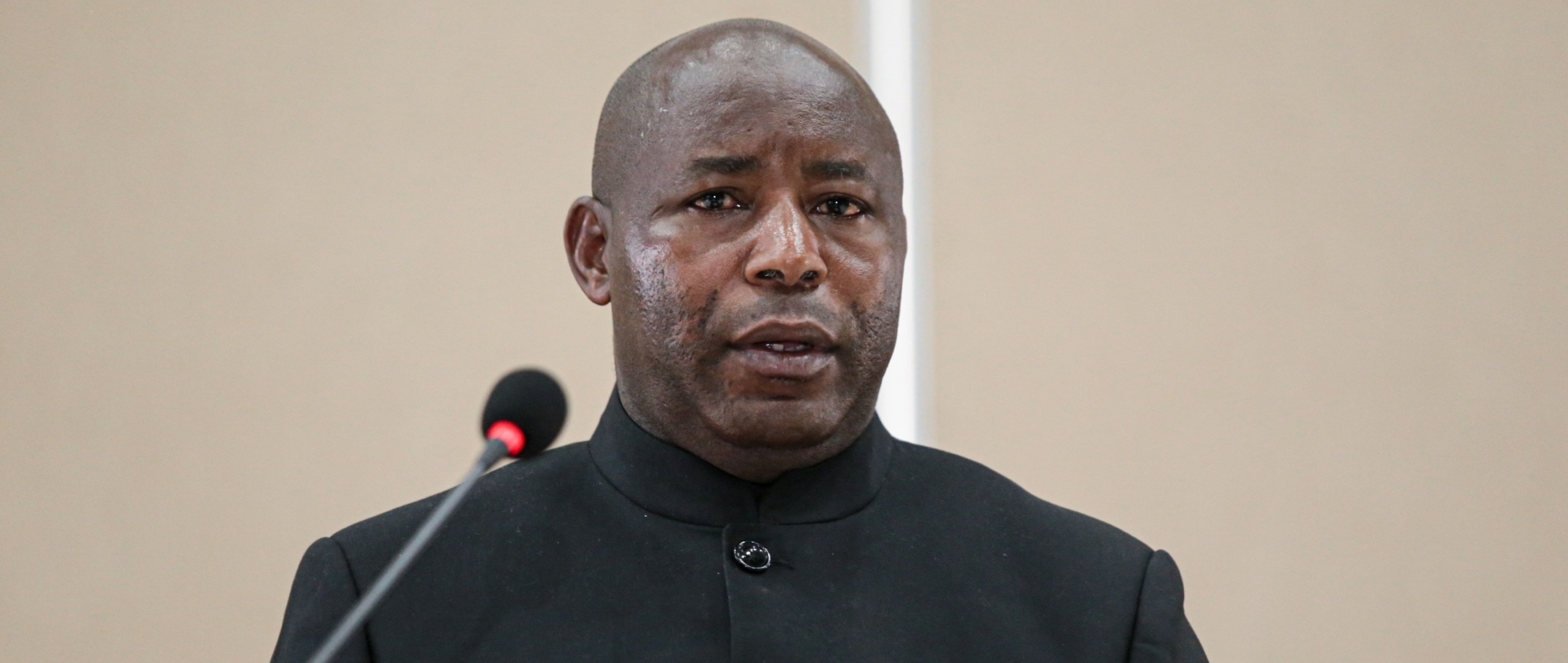Regional
Ndayishimiye plays Marie Antoinette while Burundians suffer critical shortage of goods, services

Burundians are living in a
dire situation with critical shortage of almost everything including basic
necessities like, drinking water, salt, sugar, kerosene for lighting in rural
areas, and medicine in hospitals. Petrol and diesel are sold on the black market
at exorbitant prices that only a few wealth individuals can afford.
Media reports indicate that
patients are dying in hospitals for lack of essential drugs and some patients
have resorted to traditional healers as the only alternative. Life has become
unbearable for many ordinary Burundians both in rural and urban areas.
“We have to walk kilometers
(miles) every day to go to work because there are no buses due to the fuel
shortage,” a resident in the capital Bujumbura told Alarabiya news. “And when
we come back in the evening exhausted, we can’t even take a shower because
there is also a water shortage, nor watch TV because there is often a lack of
electricity."
On June 19, in his address to
the nation, to mark his four years in power, President Évariste Ndayishimiye
told Burundians that he had fulfilled all his electoral promises, downplaying
complaints of a biting economic crisis in the country.
Instead, Ndayishimiye said
that Burundians are ungrateful, refusing to take responsibility for the fuel
shortage which he describes as “a common challenge.” Ndayishimiye accused
Burundian citizens of “wanting to have everything at the same time.”
When Burundian members of
parliament asked Prime Minister Gervais Ndirakobuca what the government is
doing to end the economic crisis, he did not hesitate to frankly tell the
lawmakers that he had no solution for them which is evidence that the second
highest government official after the president had also lost hope.
However, President
Ndayishimiye seems to be living in a different world from the rest of the
Burundian population as he assumes that all is well in the country.
In February, Ndayishimiye
angered millions of starving and economically hit Burundians by saying that the
Garden of Eden was in Burundi. Ndayishimiye then bragged that even Americans
drink water from Burundi. The Biblical Garden of Eden according to the Bible,
lacked nothing and was a representation of God’s perfect creation of nature,
and the comparison of Eden with Burundi today, is a mockery to ordinary
Burundians who has lost hope of a bright future.
Despite the widespread poverty
and starvation, Ndayishimiye tells Burundians that he has tons of food in his
home and he is doing well.
Ndayishimiye plays out a
similar attitude like that of French Queen Marie Antoinette when financial
crisis that led to shortage of essential items and starvation sparked the
French revolution.
Marie Antoinette the last
Queen consort of France prior to the French Revolution, when she heard that peasants
were starving and had no bread, she asked why the peasants can’t eat cakes.
Since the cakes were more expensive than bread. This showed how disconnected
Queen Antoinette was from the lives of ordinary people.
Although the Burundian
President likes showing the public an image of a leader in touch with the
ordinary people by carrying baskets on his head or drinking local brew with
villagers, his actions have betrayed majority Burundians.
The dysfunctional economy has
been aggravated by Ndayishimiye’s ill informed decision to close the Border
with Rwanda where Burundian traders would source the critically lacking
essential commodities.
Although Burundi has political
differences with Rwanda, the closure of the border has affected Burundians more
than Rwandans because even some export products that made good profits can no
longer reach the Rwandan market.
America and China, the biggest
world economic powers, have always had differences but they have never stopped
trading with each other because they understand the benefits of trade to the
country and the people. When will Ndayishimiye understand this reality?
According to the World Bank,
87 percent of Burundi’s population live on less than USD1.9 a day. The economy
is struggling to generate substantial long-term growth, grappling with a
shortage of foreign currency and rising debt levels.
Ndayishimiye needs to see the
bigger picture of the nation and do something to alleviate the chronic economic
crisis that is killing hundreds of Burundians.






